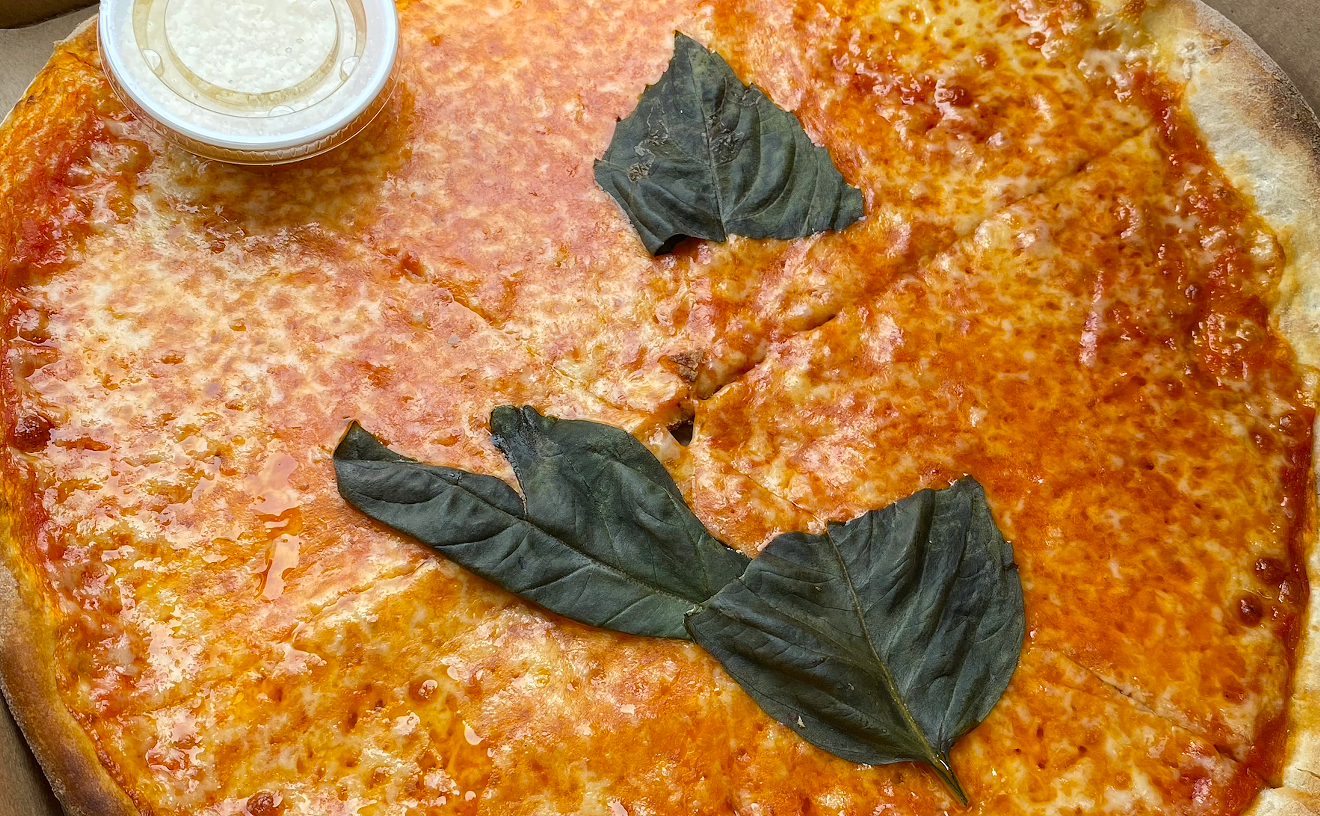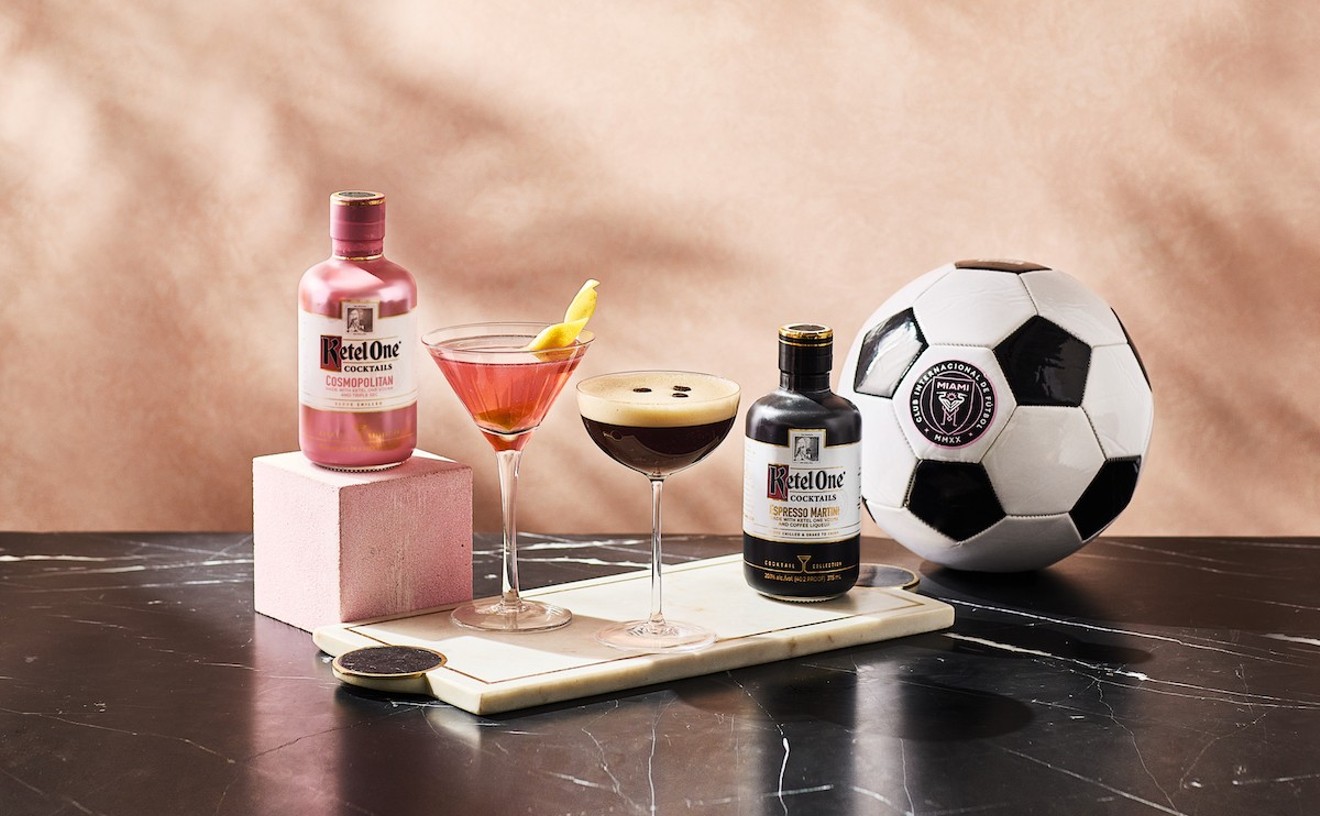John Paul Kline is a local chef and proprietor of John Paul Custom Cuisine in Delray Beach. He also leads the monthly food and wine events at the Museum of Art in Fort Lauderdale. Here, he shares his thoughts about two Florida cheesemakers he recently discovered.
It was probably around 10,000 years ago, give or take, that dairy farmers stumbled upon an invention that shocked their palates. This food eventually excited the noblest of kings and saved the lives of soldiers who ate it as their last ration.
It is cheese.
Epicures say that America has good cheese but that it could never compare to Europe's. Well, I have found two brilliant artisan cheesemakers right here in Florida, and one of them produces the only raw-milk cheese in Florida (and is one of only a handful of raw cheesemakers in the United States). It's just like you would find in France. That is as close to Betsy (the cow) as you can get.
So I went to check them out, and let's just say that my travels proved
the statement that you want to be a goat, not a sheep -- at least in
Florida.
Traveling to the border of Homestead and Miami, passing "for
sale" signs and pseudo farmers' markets, I went to visit Hani Khouri, leader of Hani's Organics, who makes some of the best
artisan goat-milk cheese ever tasted, from the grillable haloumi to
spreadable fromage blanc!
Just don't tell the giant pig getting all the love on the front
porch. Yeah, at Hani's lovely farm, you can meet the farm animals that
provide sustenance and even get nuzzled by the goat that is giving you a
gallon of milk every morning -- it's a close relative of the Key deer.
The goats in the herd could easily bound the fence, but why, if nuzzling
is only a nudge away? A fence is not even needed.
Hani; his wife,
Mary Lee; and children work to milk the goats for about a gallon a day
per goat, taking care not to milk them twice (which would give
slightly higher yields but not the quality of the rest.)
To make cheese, you usually need three things: milk, culture,
and rennet -- the enzyme that helps the solid cheese form and liquid to
separate from it. But the milk that Khouri gathers from his and his
neighbors' goats is pasteurized, curdled, and separated without the
use of synthetic or organic rennet. Rather, Khouri uses simple acidic
curdling to separate the whey from the curd. It is then salt-brined to
the perfect consistency. In addition to the haloumi and fromage blanc
mentioned above, Hani even makes a brilliant aged and herbed goat
cheese. I won't even get started on his ice cream. (Flavors include
standards like chocolate and exotics like papaya orchid -- mmm-mmm...)
I think playing with the goats the day I
was there made all of Hani's organic cheeses taste all that much better. Goat milk, by the way, is the closest relative to human milk,
making it palatable and digestable for those who are allergic to cow's
milk.
Next, I went to the north of Florida, to Winter Park Artisan
Dairy, the only raw-milk cheese provider in Florida. David Lee Green
and his wife, Dawn Taylor, make two cheeses: a tomme (similar to Parmesan) and their distinct Sunshine Bleu.
The land on which the Winter Park Dairy stands used to be home to more
than 200 acres of orange groves, but unfortunately, the groves were lost
to crop freezes in 1983 and 1985. Now, having reinvented their roots as
farmers, entrepreneurs, and just good people, the family keeps just
over ten cows, a bull, and a couple of calves (though they aspire to have
20 cows living on eight acres of cow spa where they graze, bathe, and
are milked).
These Jersey cows are milked in the morning and left to a life
of leisure while their milk is slowly heated, separating the curds and
whey. The cheese base is then historically stored for at least 60 days
at optimum humidity with the perfect amount of delicious penicilium (a
fungi) and/or brine wash. The result is what I believe is Jersey cow
perfection in the Sunshine State! (Snowbirds, please do not be
offended!)










